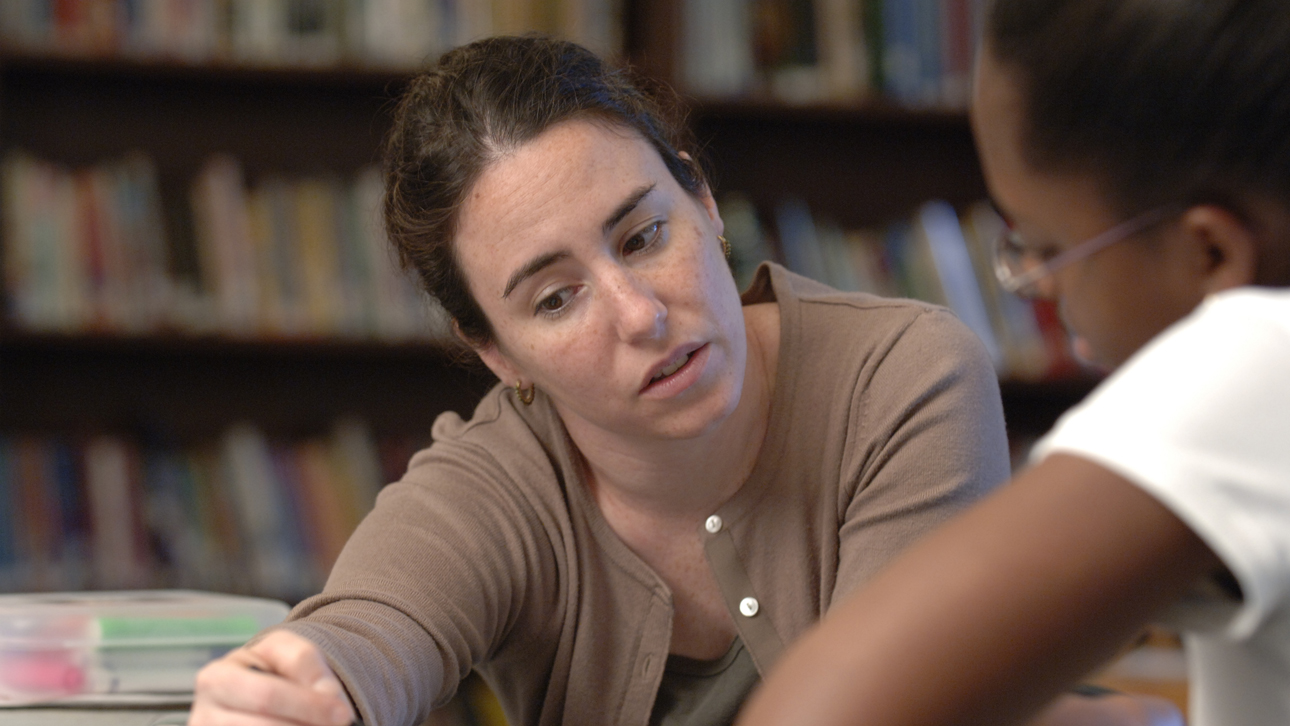Supporting Students in Developmental or Remedial Education
>> Back to the main Resource Hub page
Placing into developmental – or remedial – education can be a significant barrier for students. Developmental courses cost money but are not credit-bearing, and they stand in the way of students progressing in their intended areas of study. In fact, students who enroll in developmental education courses are significantly less likely to complete their postsecondary degree on time.
As a result, the Massachusetts Department of Higher Education has committed to transforming developmental education through “(1) Implementation of mathematics pathways; (2) Support through the co-requisite model; (3) Use of multiple measures.”
What this means for students:
- Many colleges now have GPA opt-out programs, through which students may place into college-level courses based on their high school GPAs
- Corequisite models allow students to bundle developmental courses with credit-bearing courses.
- Students may also cluster developmental prerequisites to take care of them faster – although non-credit-bearing courses should be avoided if at all possible.
- ★ TIP: Explore assessment options, like those offered by Bunker Hill Community College and Roxbury Community College for opt-outs and other pathways.
- ★ TIP: Some colleges also allow students to retest and offer free boot camps for students whose initial assessments indicated a need for developmental education.
- Some colleges offer conditional admission/enrollment and pathway programs, such as UMass Boston.
Additional Tips for Supporting Students:
- Counsel students not to delay taking placement tests if required to take one for English or math. Students should prepare for placement tests and take them as early as possible.
- Students should prepare for assessment and placement tests (Accuplacer, etc.) because they will determine whether they will be placed in credit-bearing or non-credit-bearing (developmental) courses. Often, developmental courses don’t count towards graduation, yet add to the overall cost of college. Pell Grants may not cover developmental courses, further burdening students.
- Practice tests are often available on many school websites. Several schools and organizations offer free preparation courses or boot camps to help students do well on placement tests with the goal of minimizing the need for developmental courses.
- Encourage students to stick with it! Oftentimes, students may become discouraged if they have to take developmental courses. If this is an issue or developmental courses are unavoidable, encourage students to take them during the summer to start the fall semester on-track.

